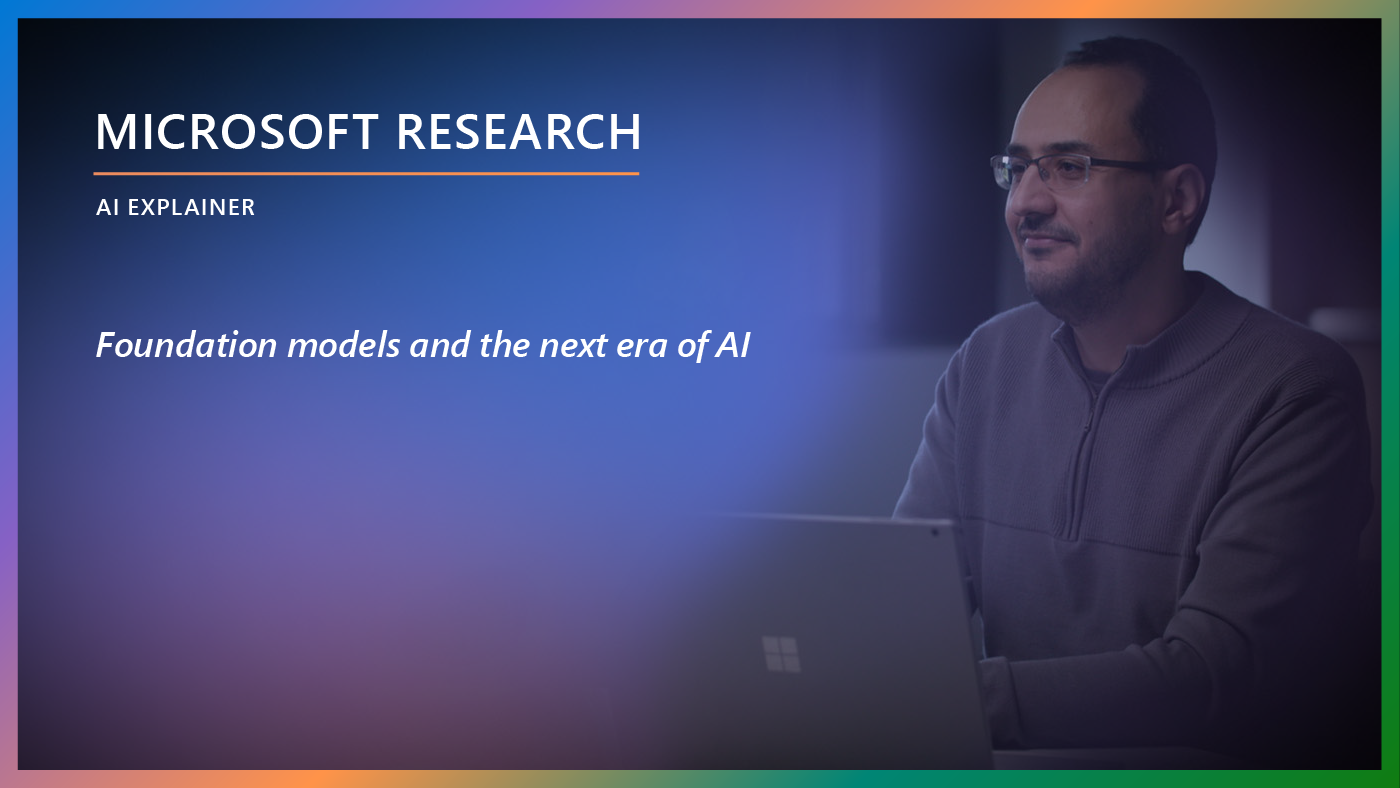On November 2, 2013, the spotlight shone brightly on 10 PhD candidates from nine top Asian universities as they were introduced to an appreciative crowd of 1,500 in the Grand Theatre in Hefei, China. On stage, these scholars received medals that signified their selection as the 2013 Microsoft Research Asia Fellows (opens in new tab). Each of the new fellows beamed while shaking hands with presenters Peter Lee (opens in new tab), corporate vice president and head of Microsoft Research, and Hsiao-Wuen Hon (opens in new tab), a Microsoft distinguished scientist and managing director of Microsoft Research Asia.

Microsoft Research Asia 2013 fellows and advisors with Peter Lee, corporate vice president, head of Microsoft Research (back row, forth from the right); Hsiao-Wuen Hon, managing director of Microsoft Research Asia (back row, third from the right); and Feng Zhao, assistant managing director of Microsoft Research Asia, chairman of the fellowship program (back row, far left)
The award ceremony was part of the Computing in the 21st Century Conference (opens in new tab), co-hosted by Microsoft Research Asia and the University of Science and Technology of China (opens in new tab) (USTC). The fellowship program recognizes outstanding doctoral students who are studying computer science, electrical engineering, information science, or applied mathematics at Asia universities. Each winner has the opportunity to complete an internship, during which they participate in hands-on, advanced research at Microsoft Research Asia in Beijing.
Spotlight: On-demand video
Since its inception in 1999, the program has awarded 351 fellowships to applicants who have demonstrated their strong research potential through concrete achievements at an early stage of their career. In so doing, it has successfully fostered advances and collaboration in computer science research. More than 80 of the past recipients continue to perform research, including 40 who have joined Microsoft Research Asia or other groups within Microsoft. Many have become rising stars in their investigative areas.
This year’s fellowship candidates—90 in all—were recommended by department heads at 45 leading research universities and institutions in Asia. Each candidate’s credentials were thoroughly evaluated by a review committee of researchers. Then, 27 finalists visited Microsoft Research Asia, where they presented their work to a committee of senior researchers. The students gained valuable feedback from leading researchers during these onsite interviews.
The 10 winners, each of whom successfully completed three rounds of intensive reviews, are:
- Chen Cao (Zhejiang University, supervised by Kun Zhou), for his work on high-quality, real-time facial animation
- Dong Chen (University of Science and Technology of China, supervised by Bin Li and Jian Sun), for his work that advanced facial recognition both theoretically and practically
- Luwei Cheng (University of Hong Kong, supervised by Cho-Li Wang and Francis Chi Moon Lau), for his work on performance issues related to hardware virtualization
- Quan Fang (Chinese Academy of Sciences, supervised by Changsheng Xu), for his work on geo-referenced social media mining and applications
- Ping Luo (Chinese University of Hong Kong, supervised by Xiaoou Tang), for his work on deep learning and its application in computer vision
- Masayasu Ogata (Keio University, supervised by Michita Imai), for his work on scenarios and technical implementations of human-computer interactions
- Jianping Shi (Chinese University of Hong Kong, supervised by Jiaya Jia), for her work on parsing visual data for image understanding
- Shusen Wang (Zhejiang University, supervised by Zhihua Zhang), for his work on matrix analysis and convex optimization in machine learning
- Huanjing Yue (Tianjin University, supervised by Jingyu Yang and Feng Wu), for her work on cloud-based image coding and processing
- Jun Zhang (Nanyang Technological University, supervised by Xiaokui Xiao), for his work on database systems with privacy guarantees
After their warm reception in the conference hall, the fellowship winners were treated to lunch with Joseph Sifakis (opens in new tab), director of the Rigorous System Design Laboratory at EPFL (opens in new tab) and recipient of the A.M. Turing Award in 2007. Then, they shared research experiences with more than 80 USTC graduate students, inspiring them to be creative and focused during research.
—Lily Sun, University Relations Manager, and Xin Ma, Senior Research Program Manager, both of Microsoft Research Connections Asia
Learn more
- Microsoft Research Asia Fellowship Program (opens in new tab)
- Computing in the 21st Century Conference (opens in new tab)
- Microsoft Research Asia (opens in new tab)
- Computer Science at Microsoft Research Connections (opens in new tab)
- Microsoft Research Connections in Asia-Pacific (opens in new tab)

